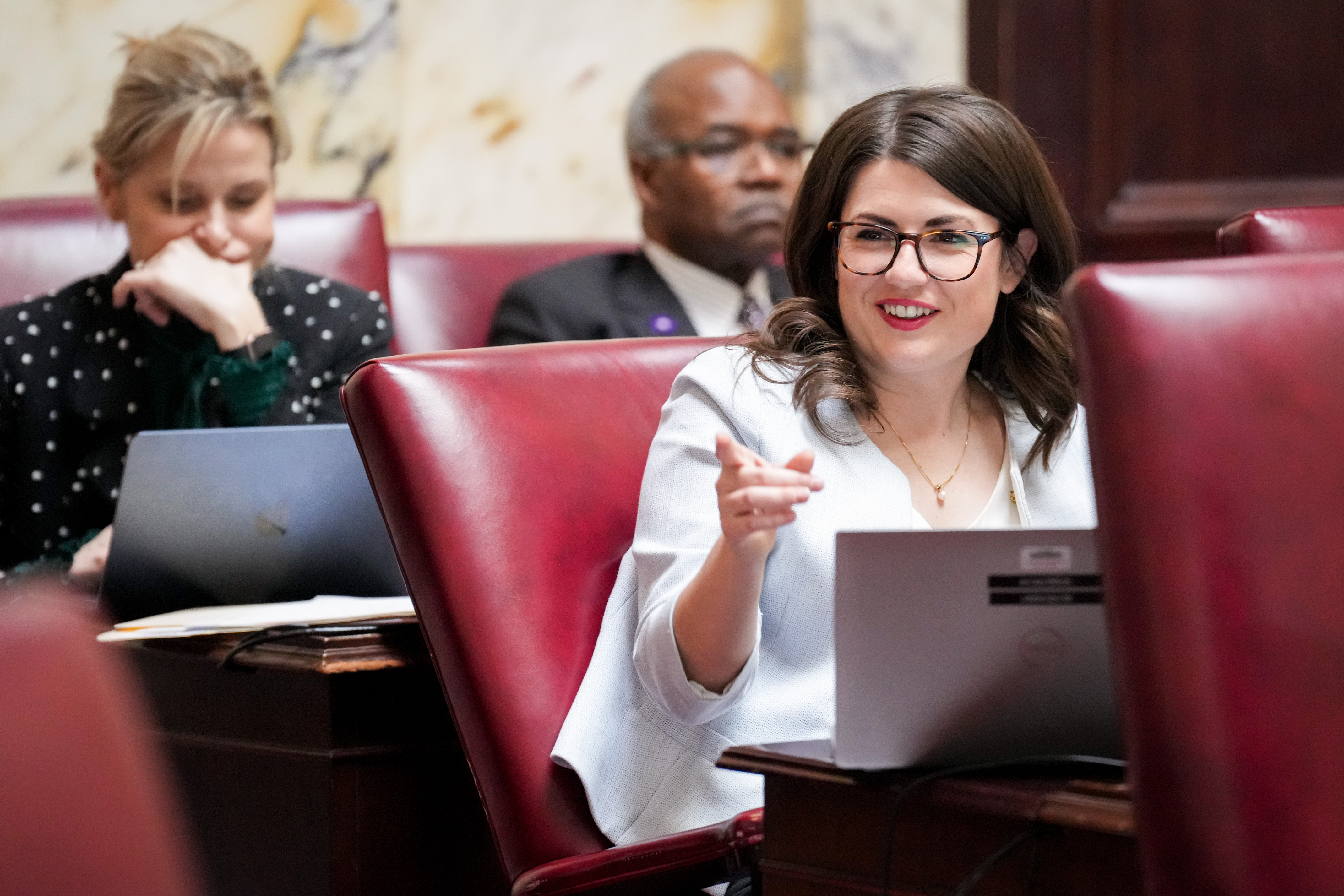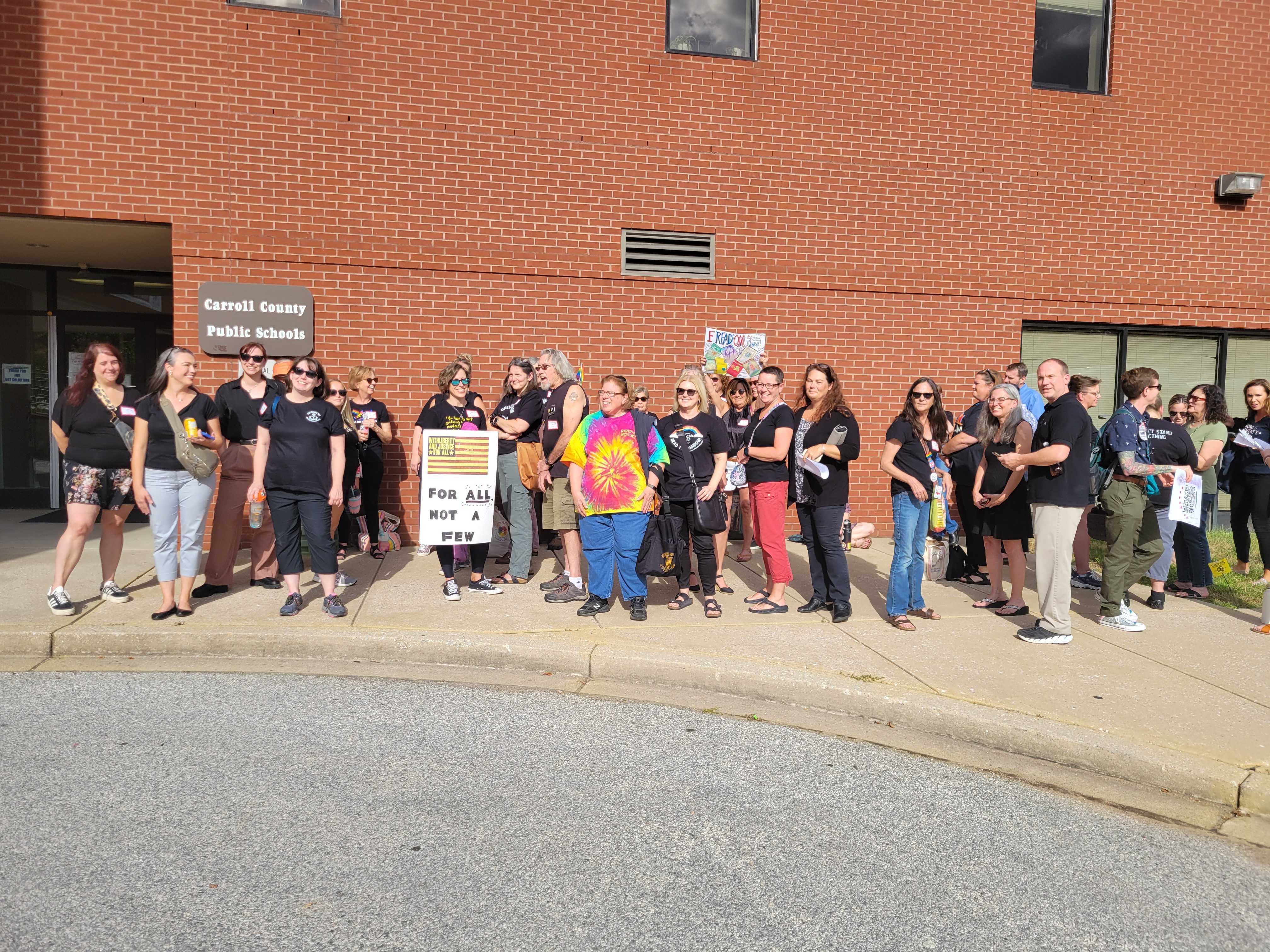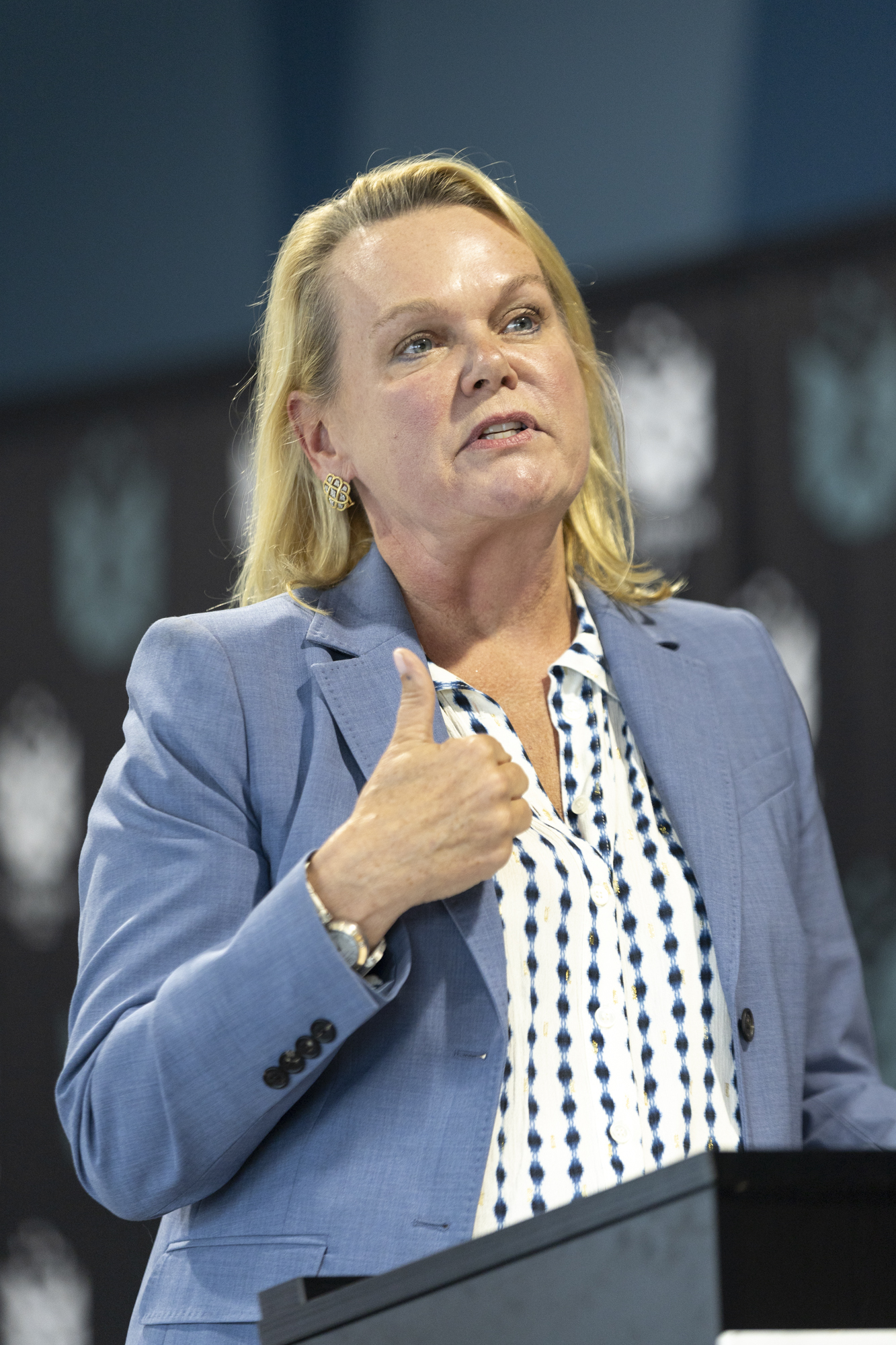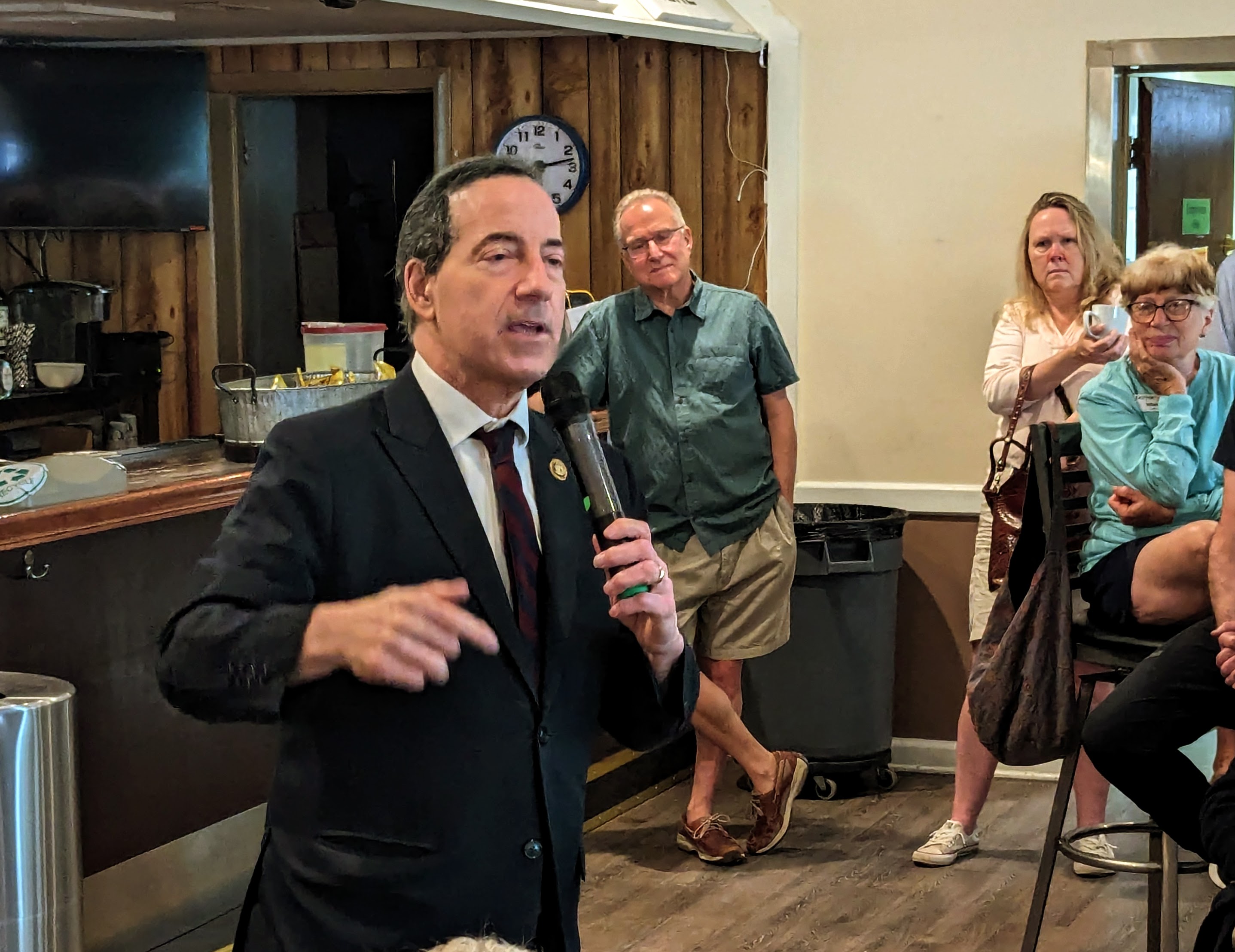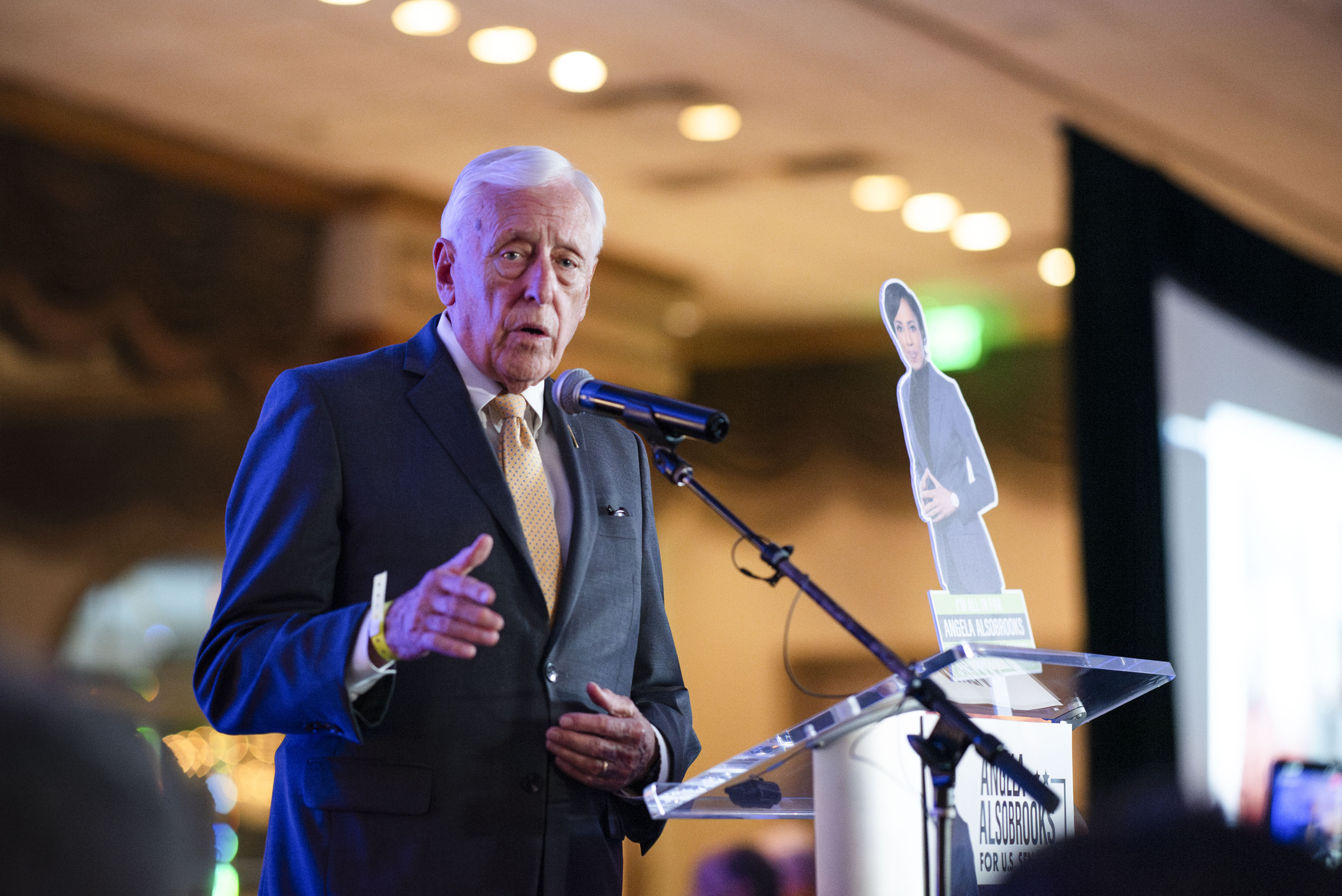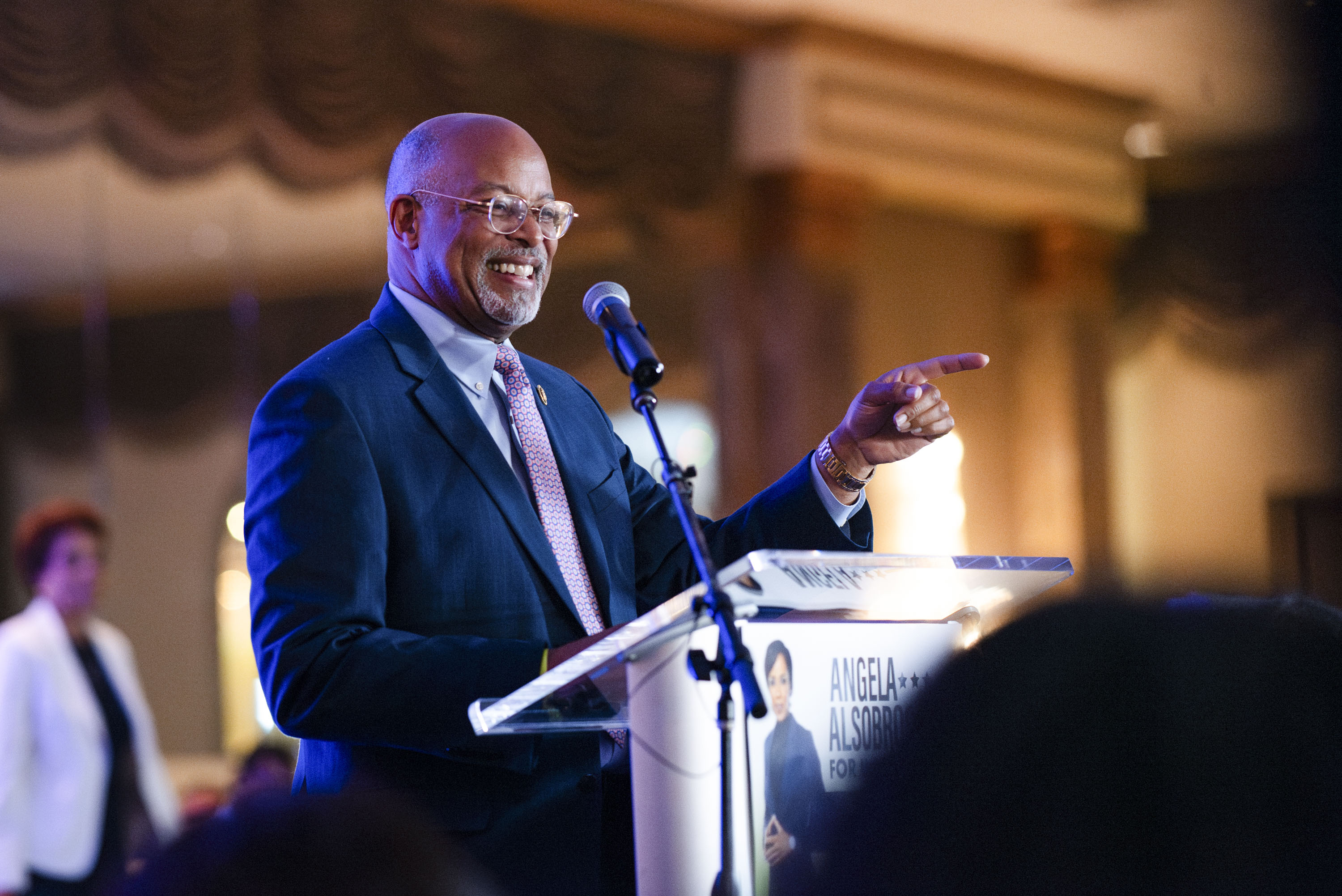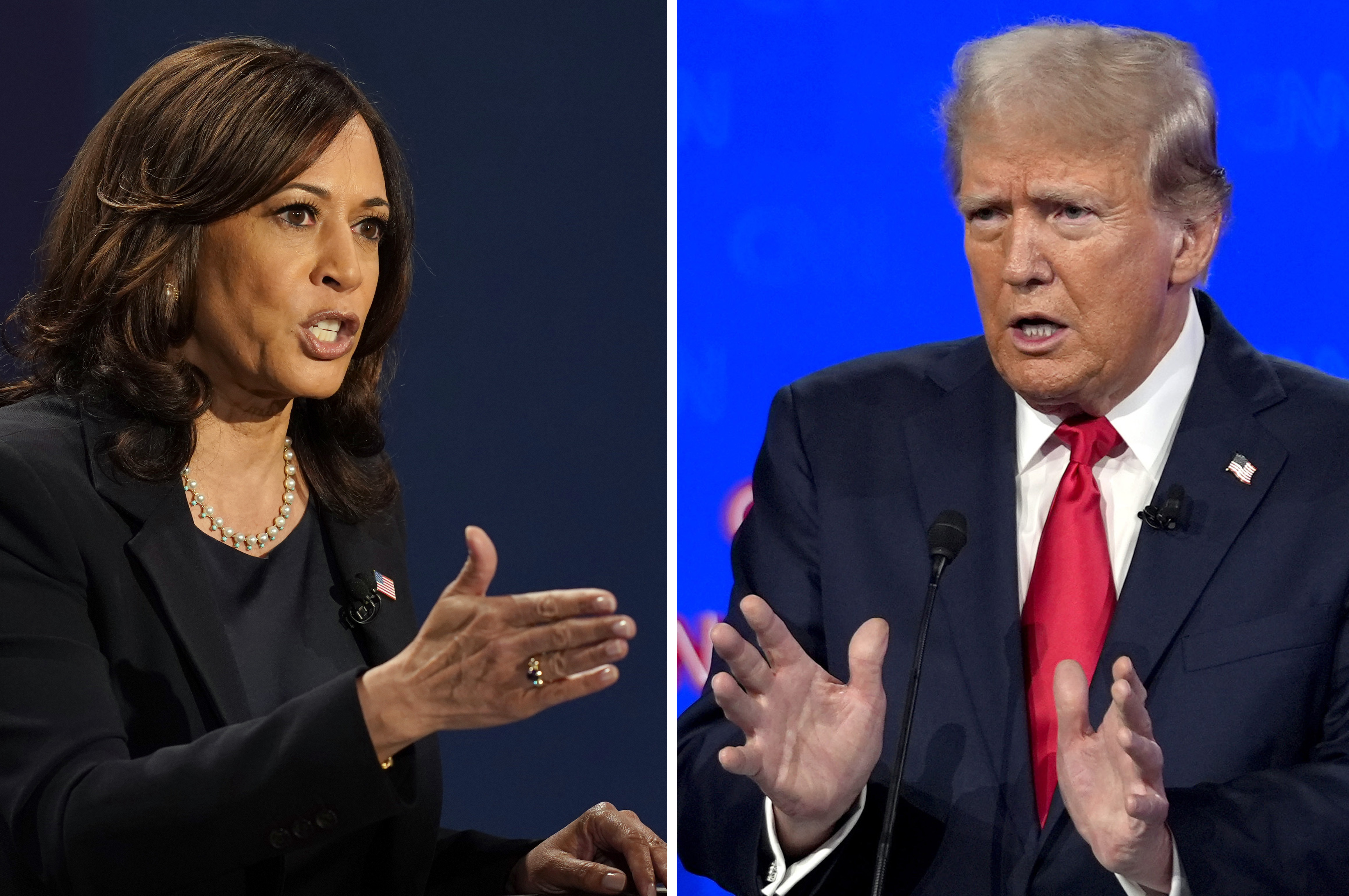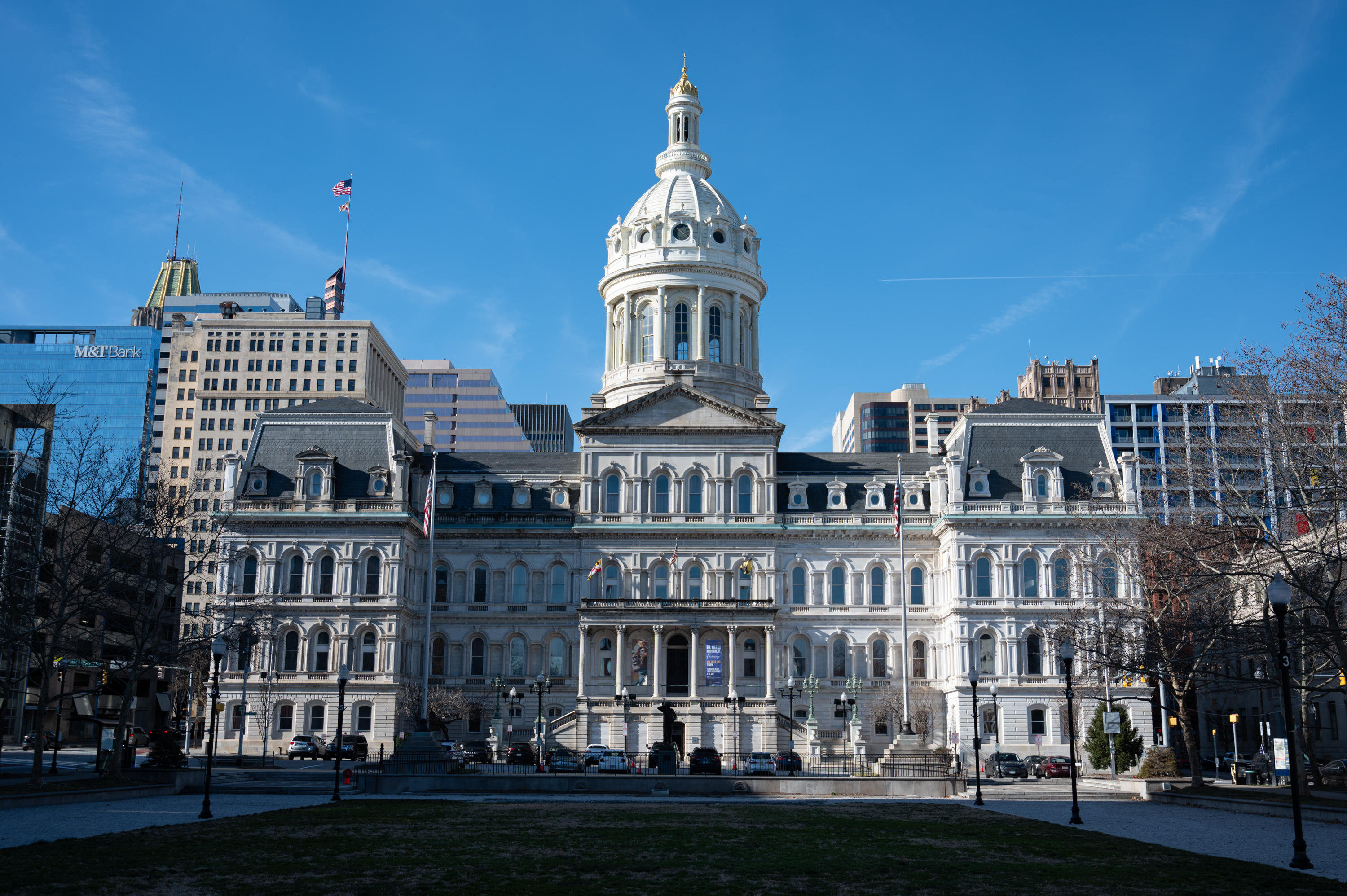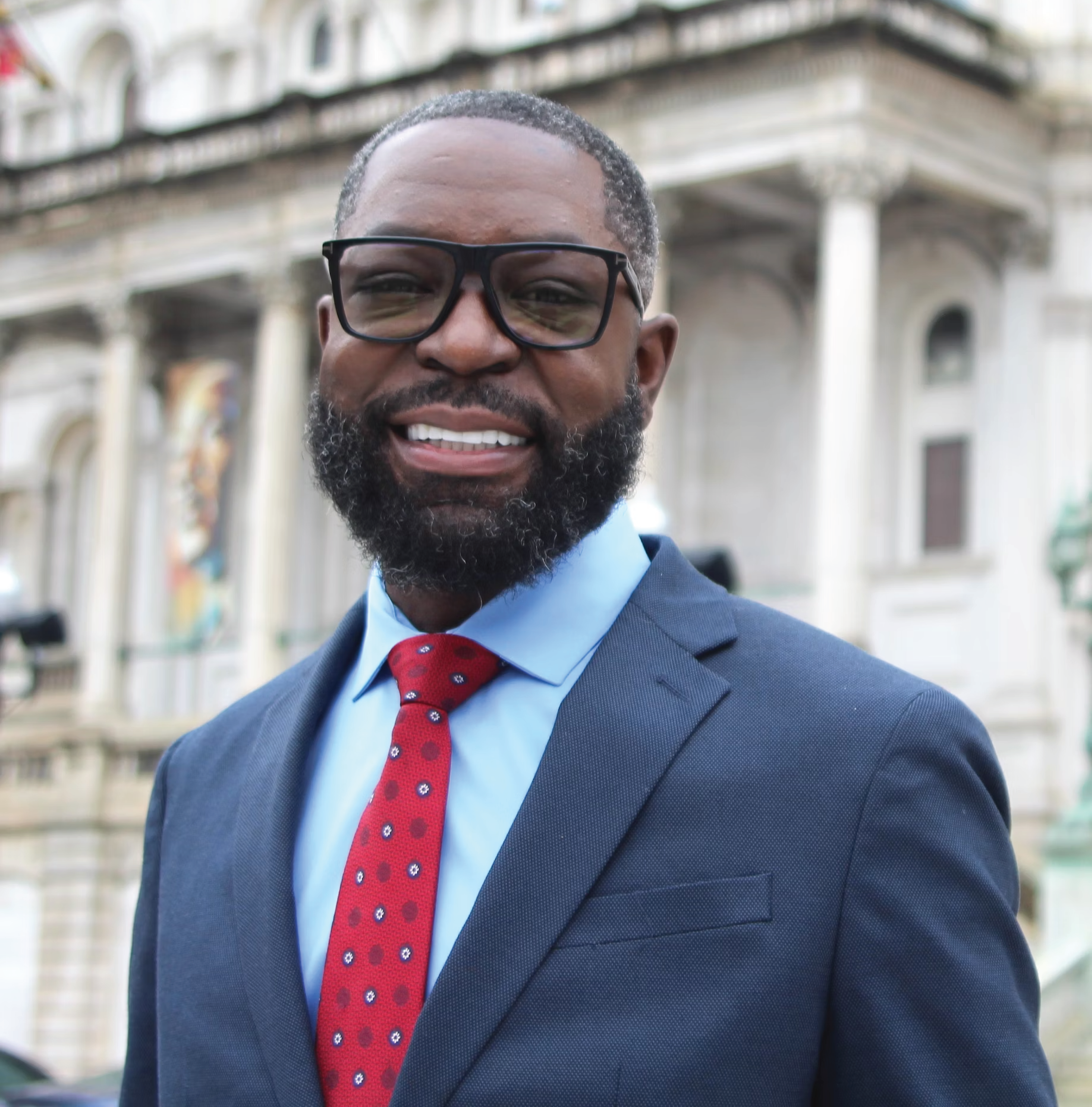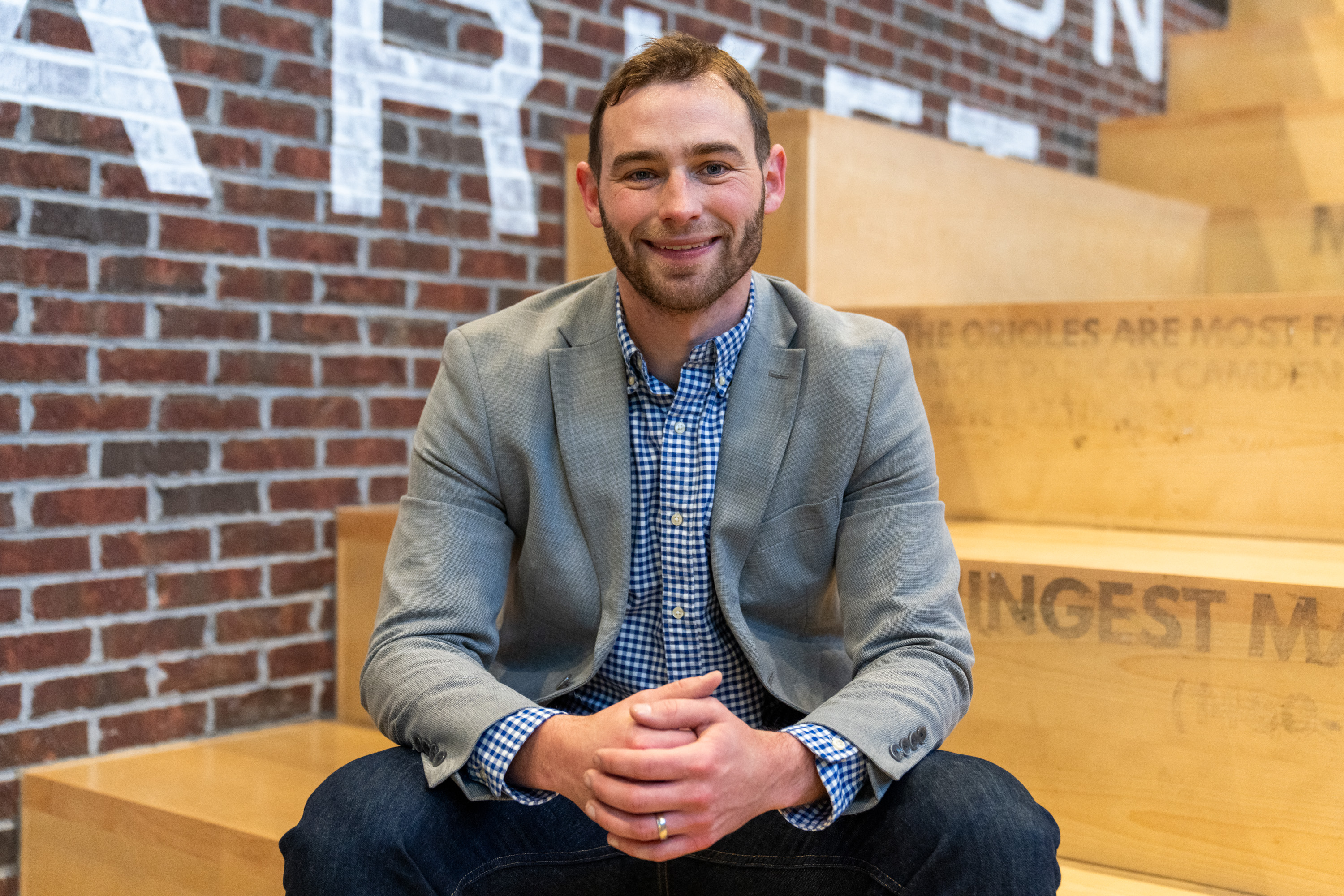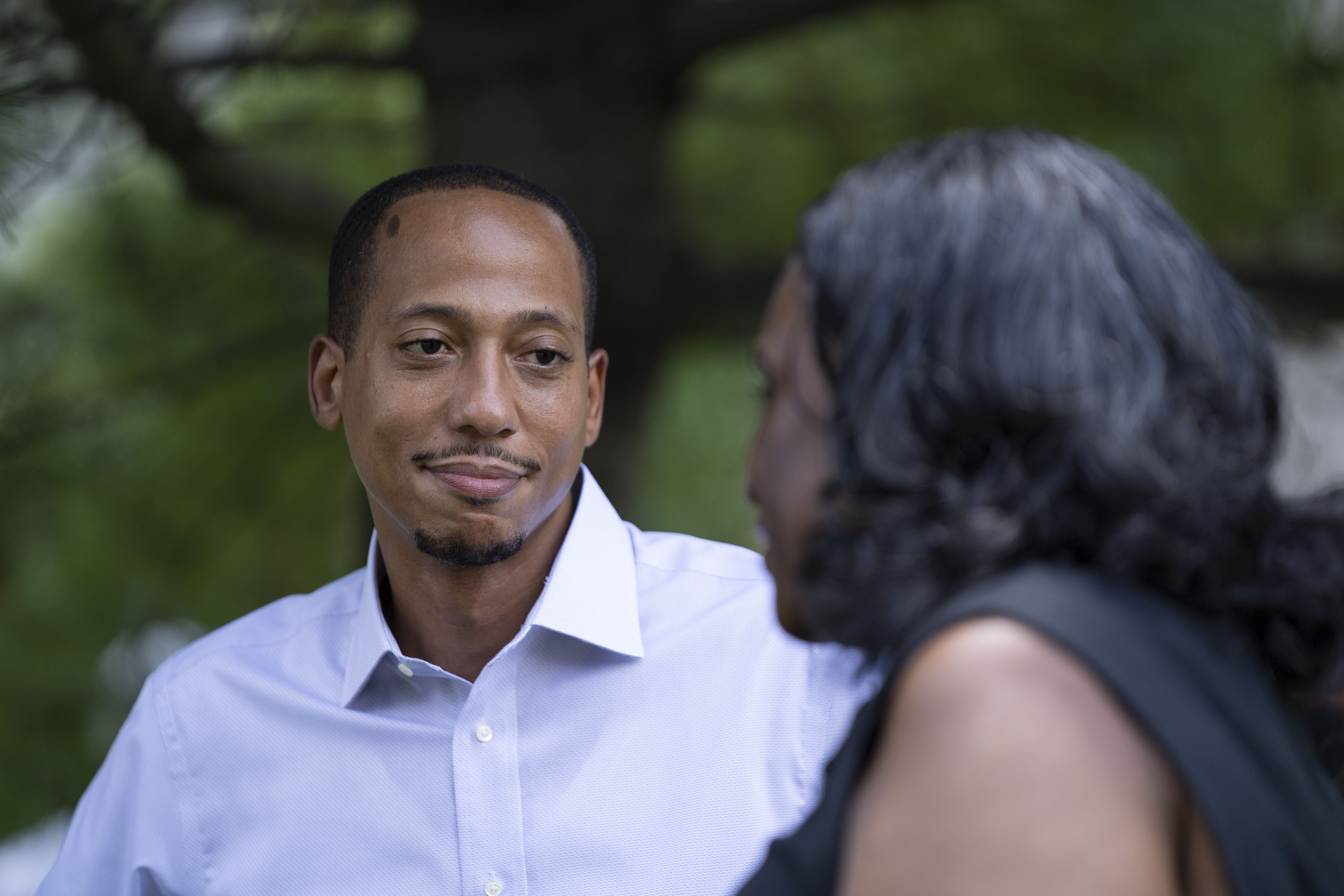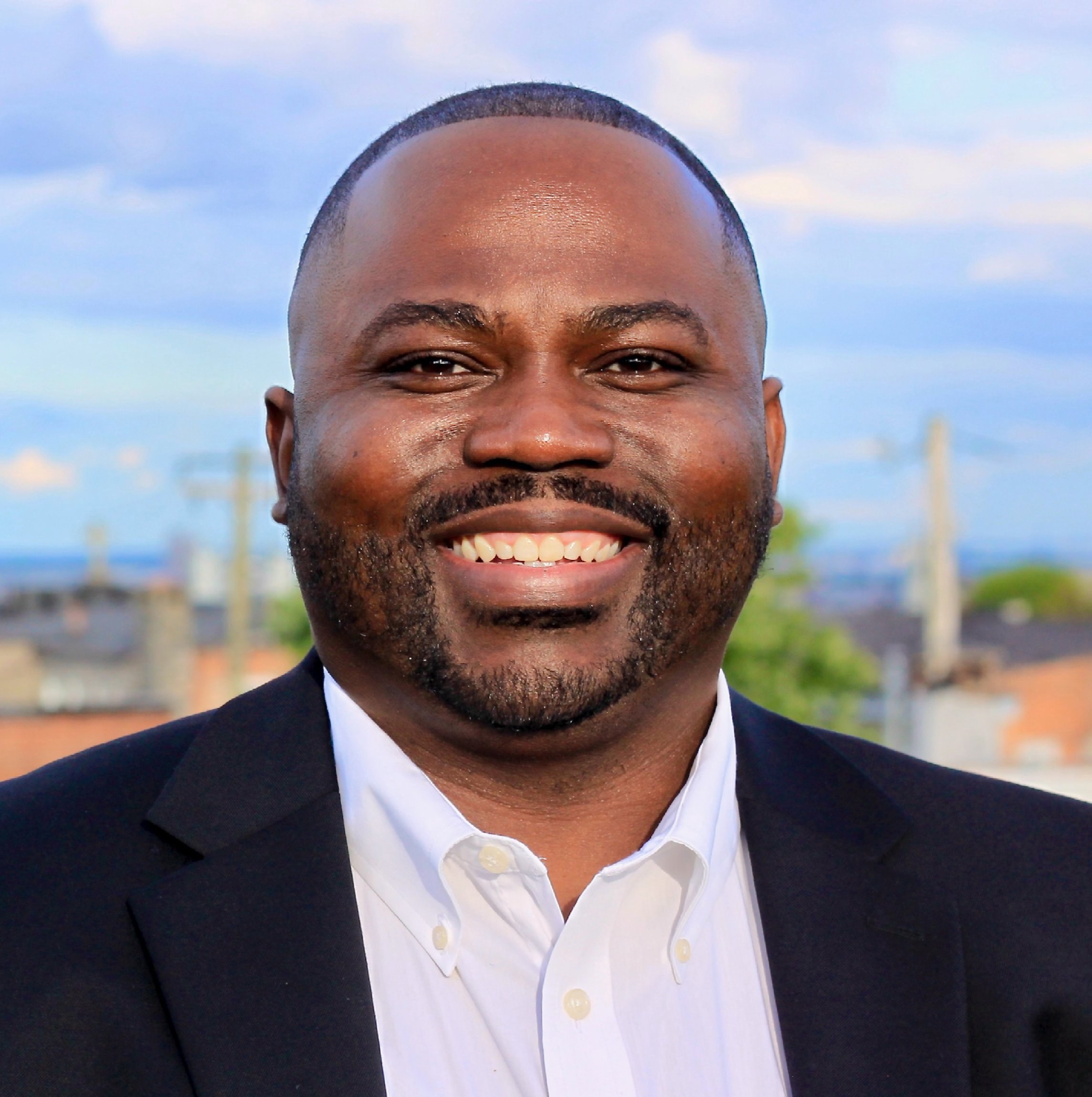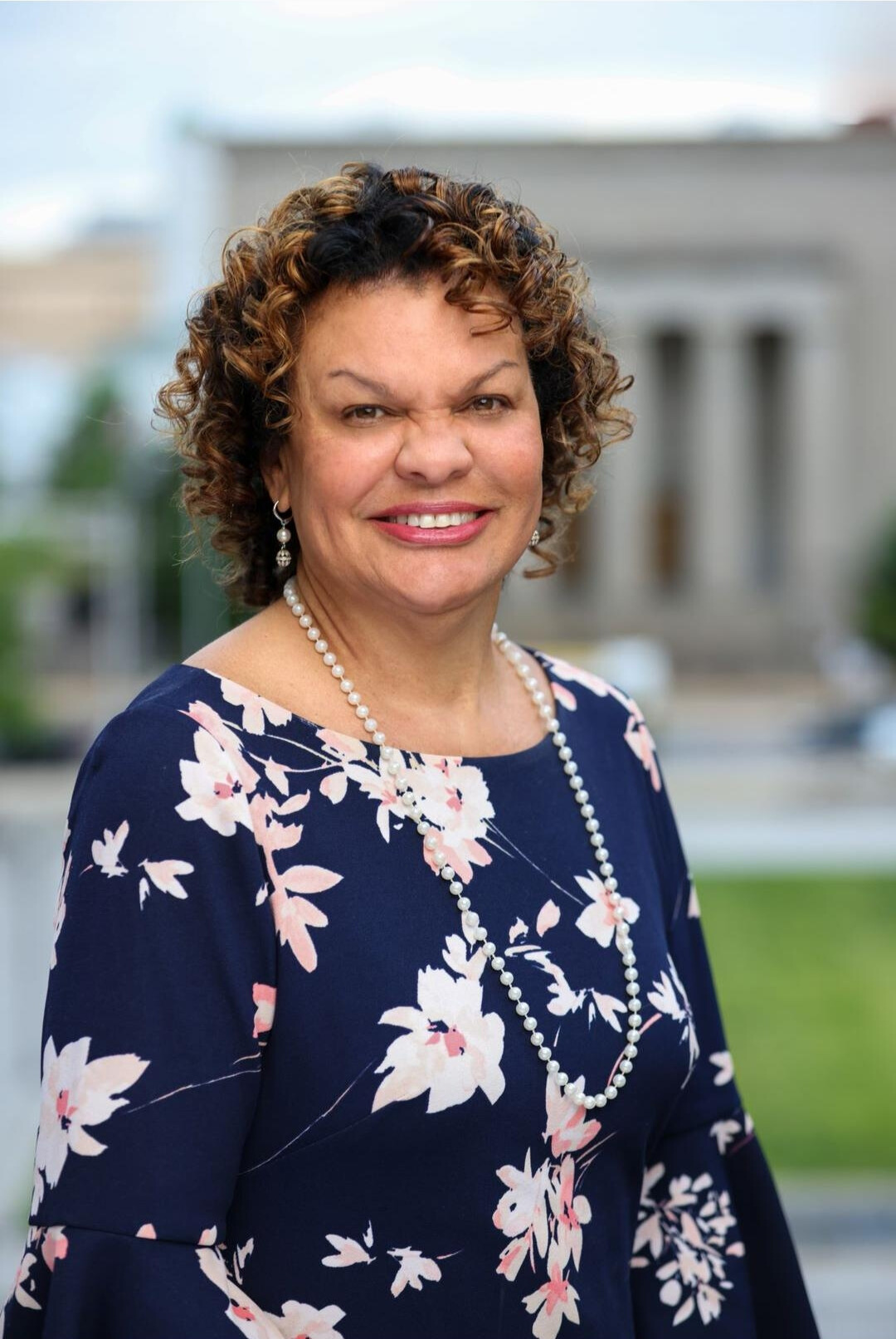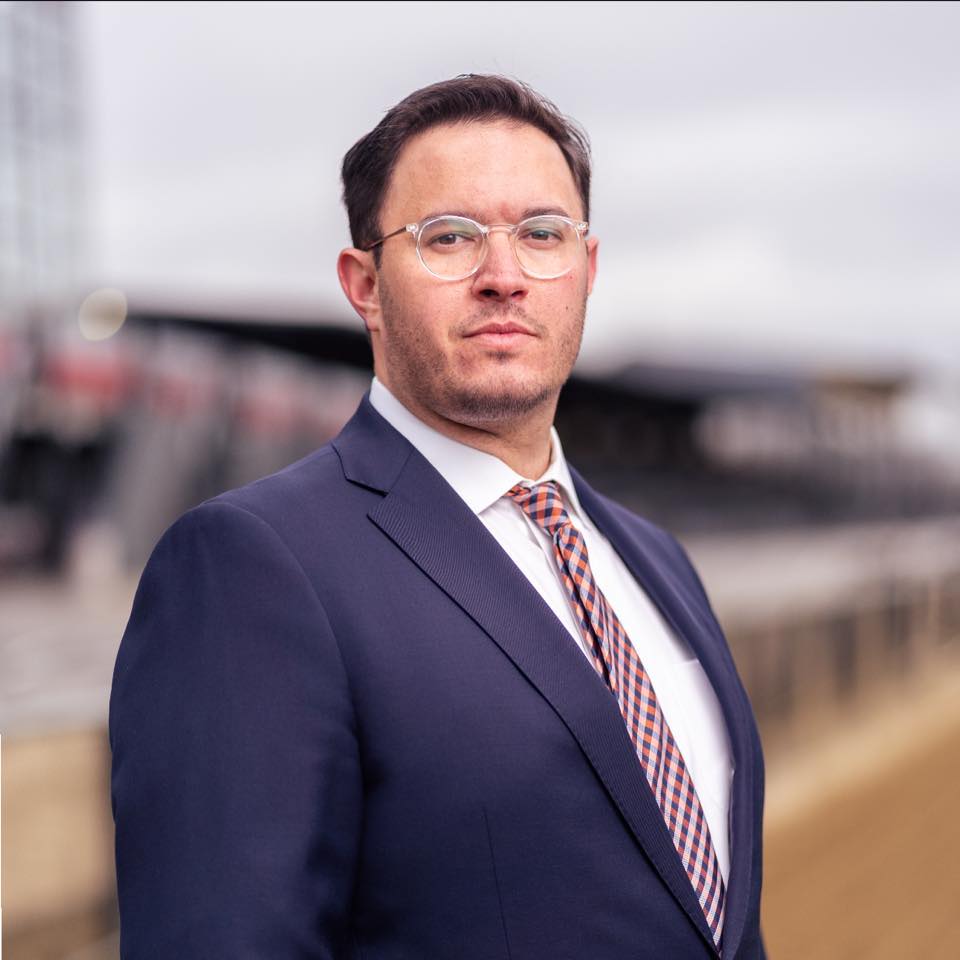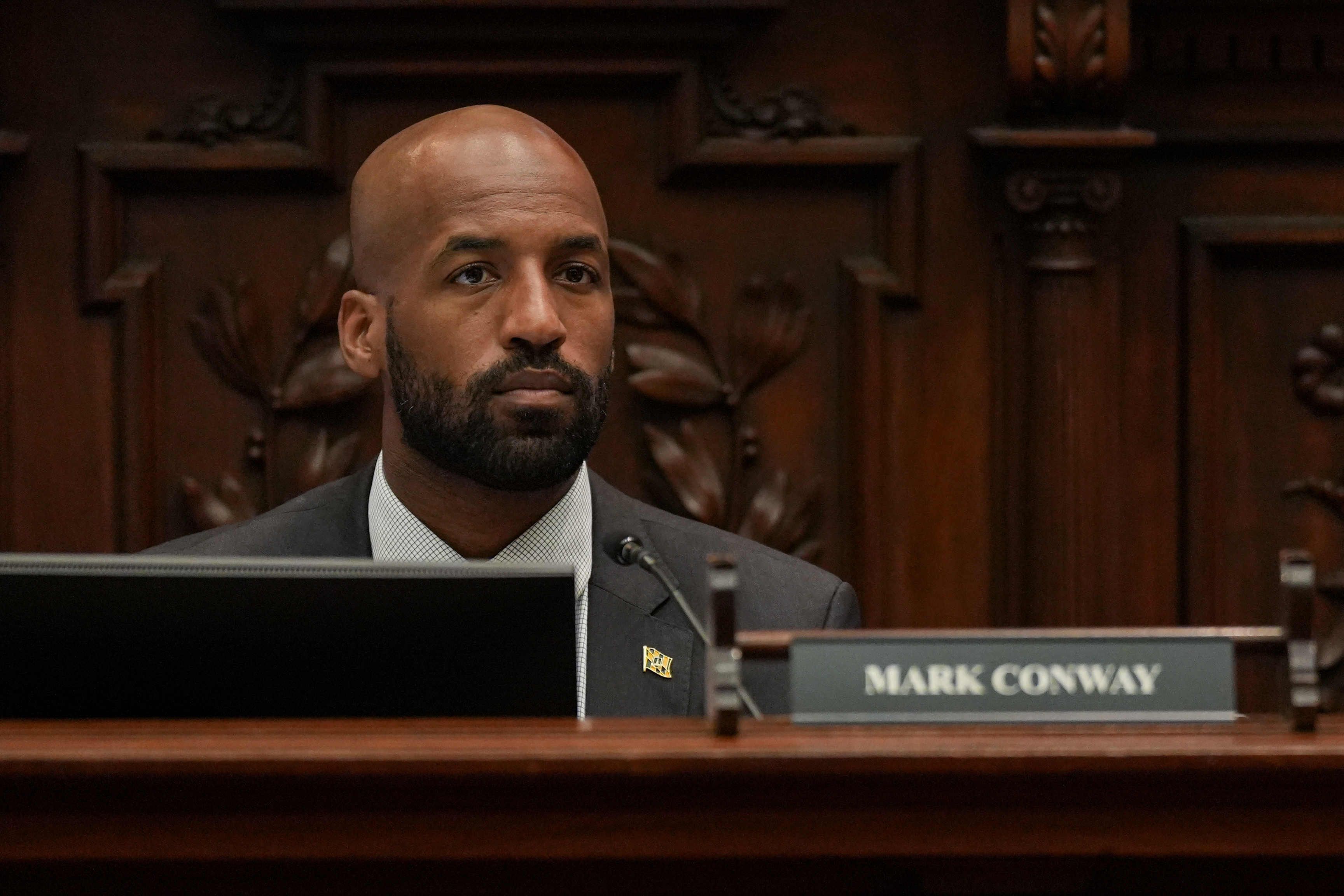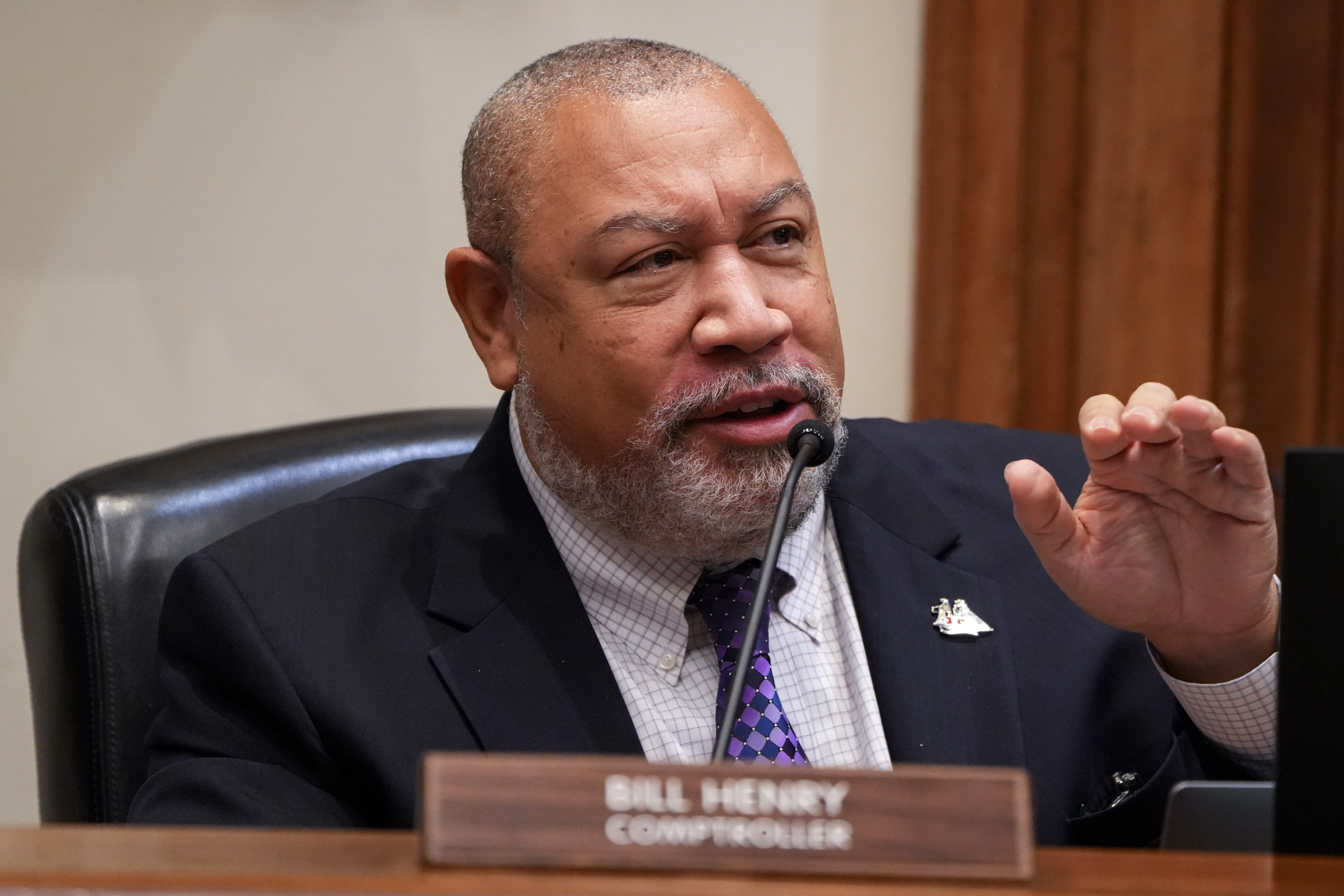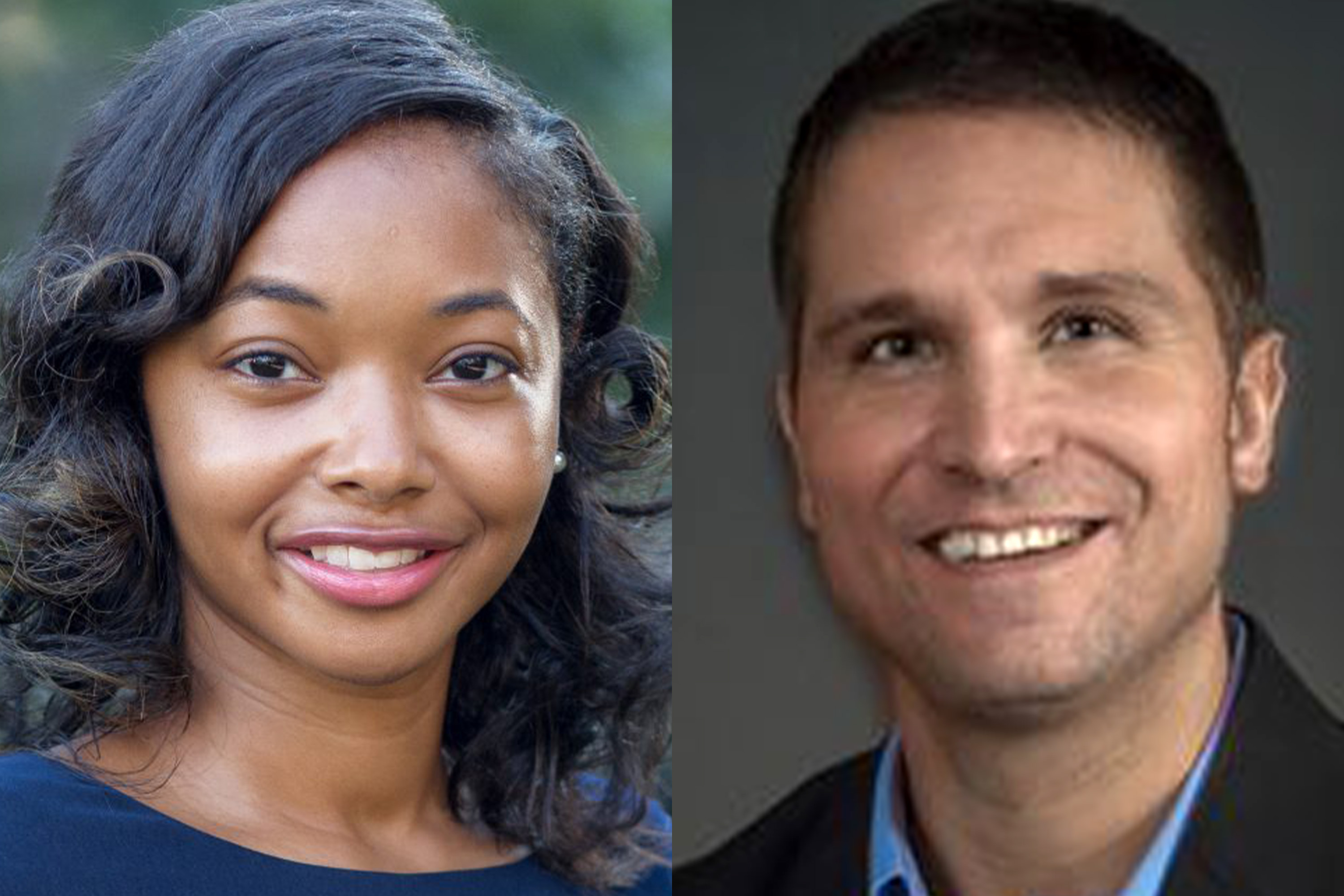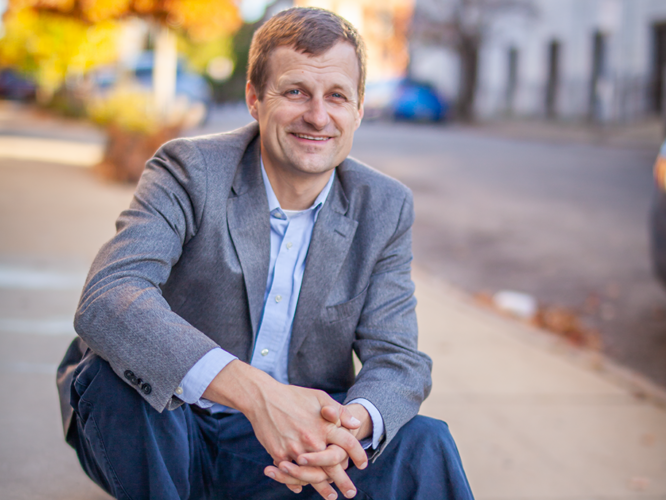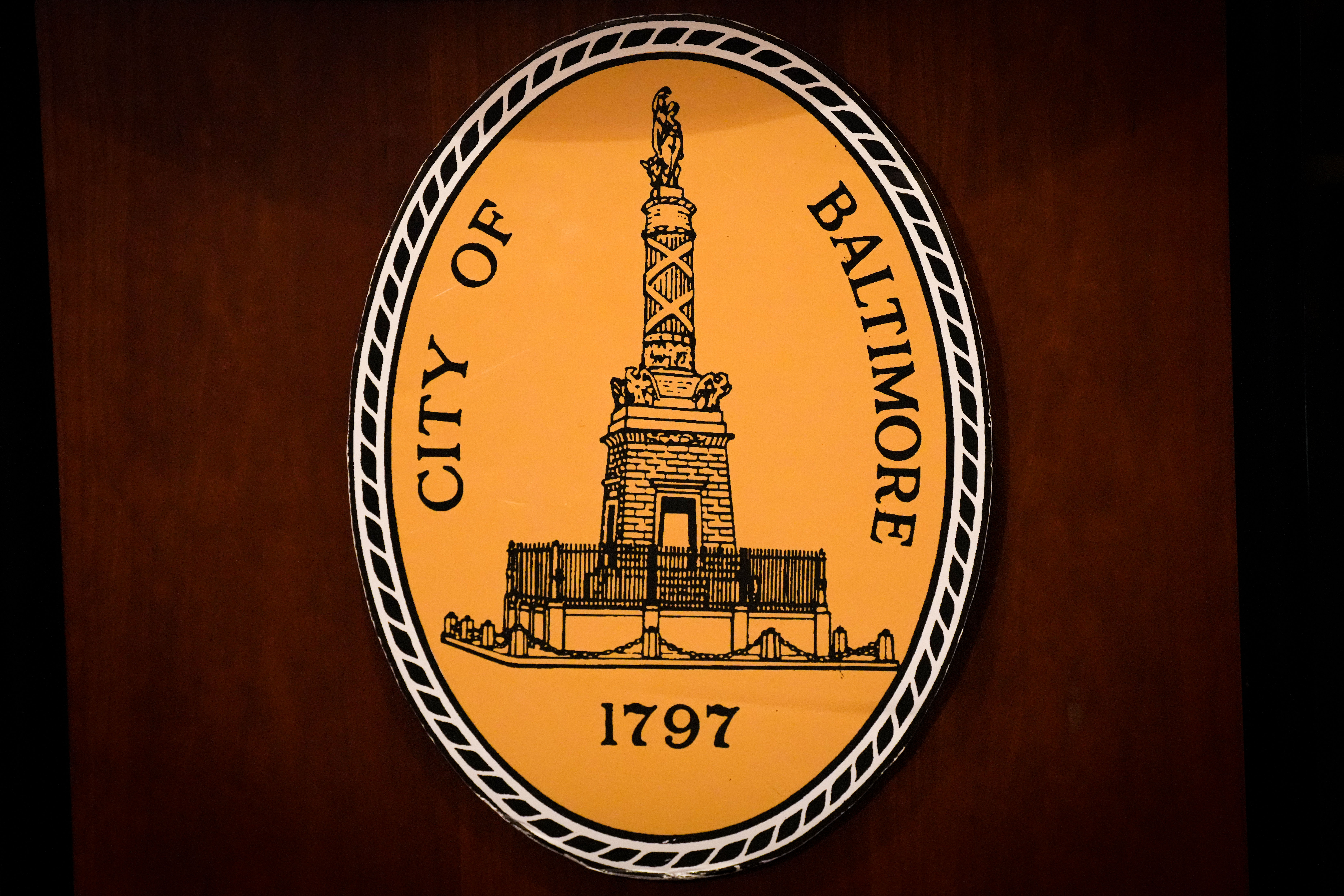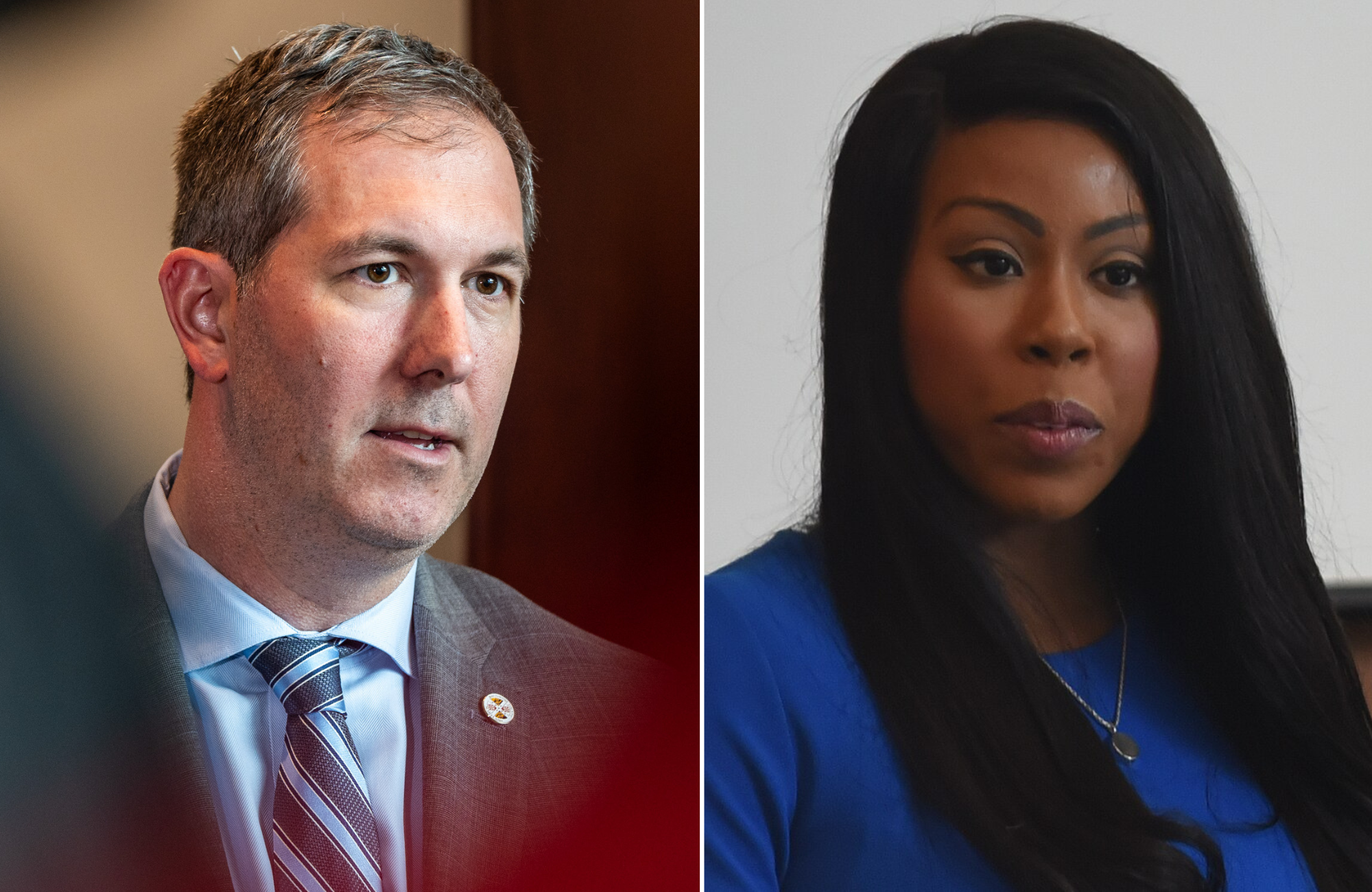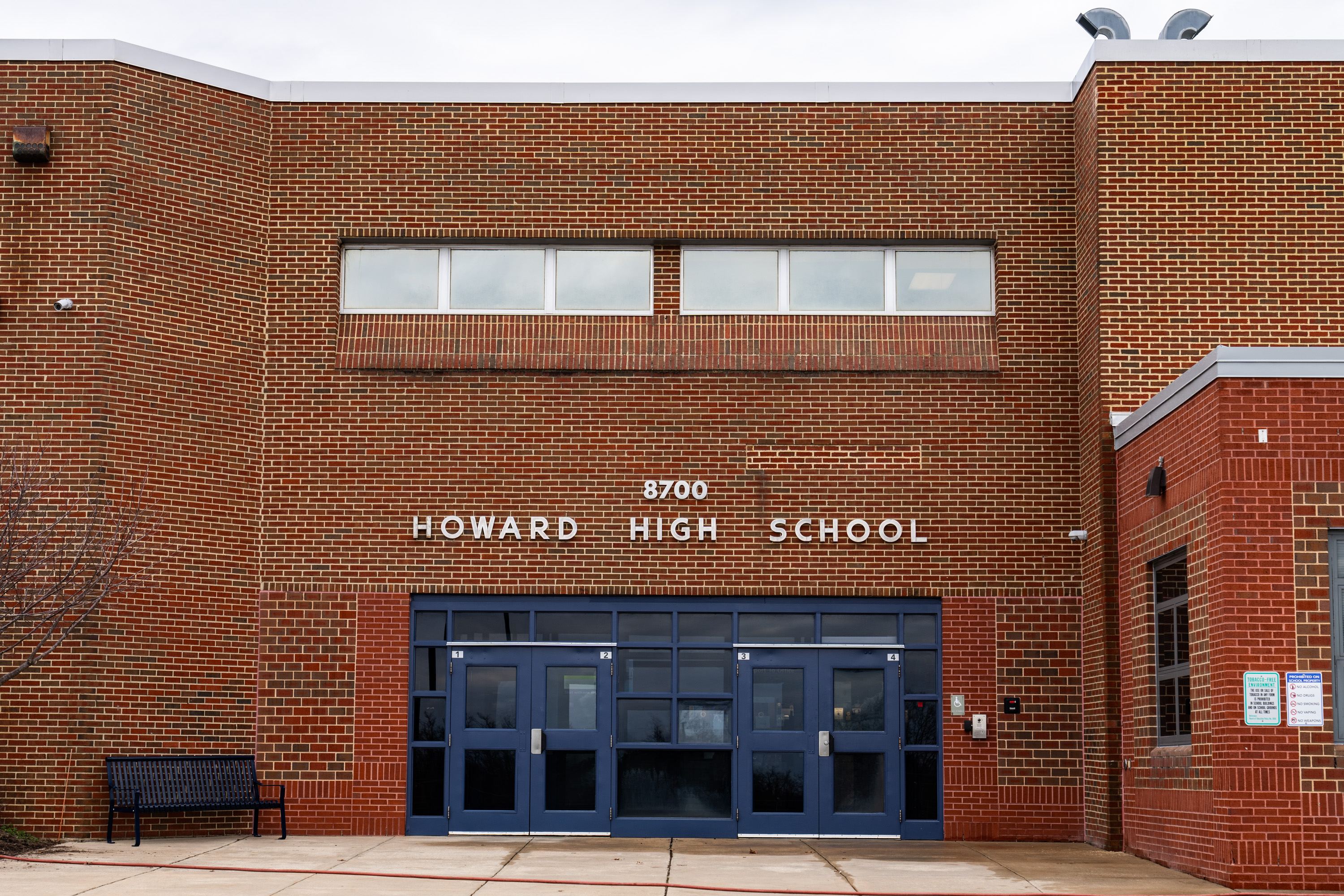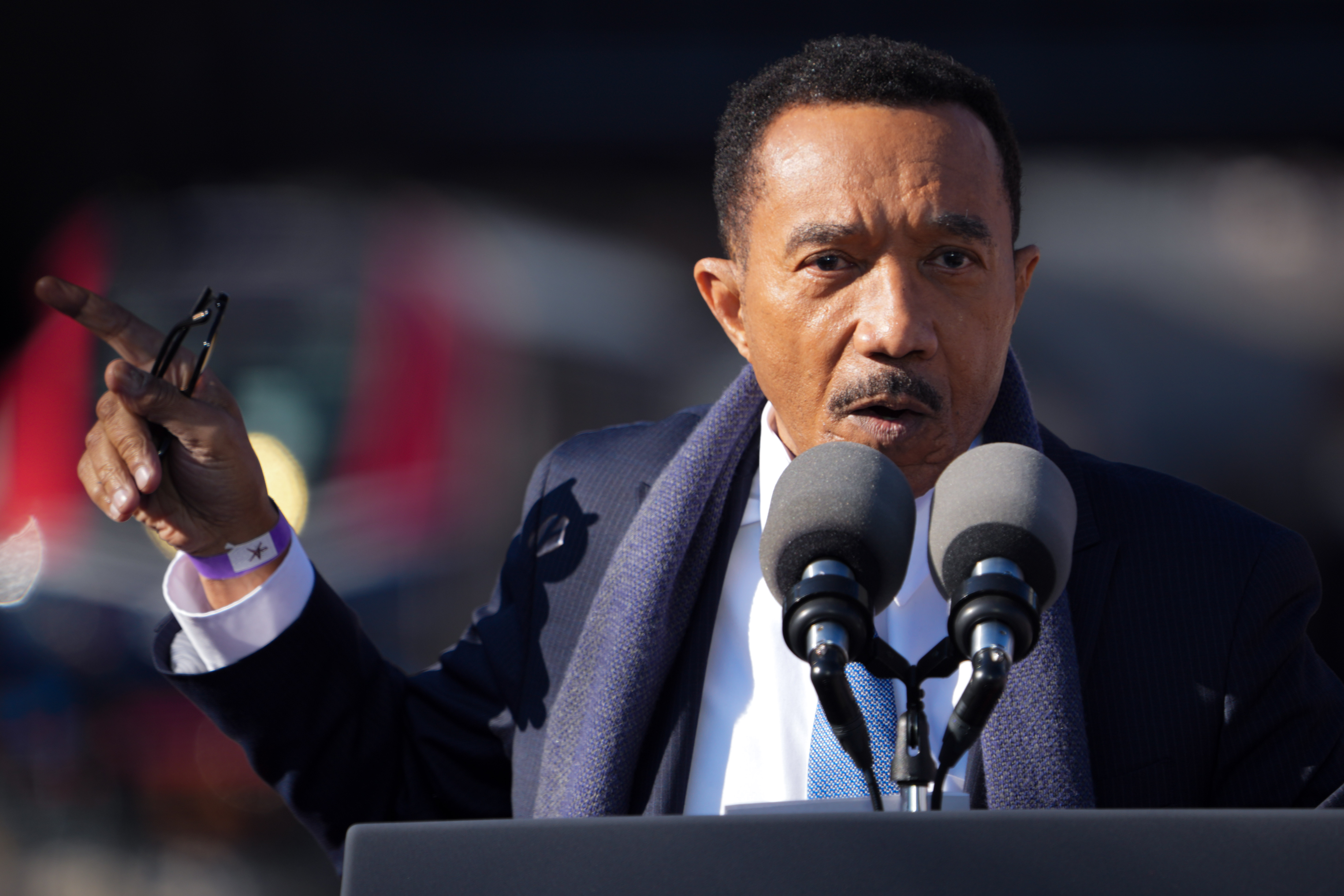What’s the job: Representing residents on the 15-member City Council, including introducing and voting on legislation, approving city spending and providing oversight of city operations. Council members are elected to four-year terms by district. The 11th District includes Central and South Baltimore neighborhoods such as Downtown, Federal Hill, Locust Point, Madison Park and Mount Vernon.
Look up your City Council district here.
Democrats
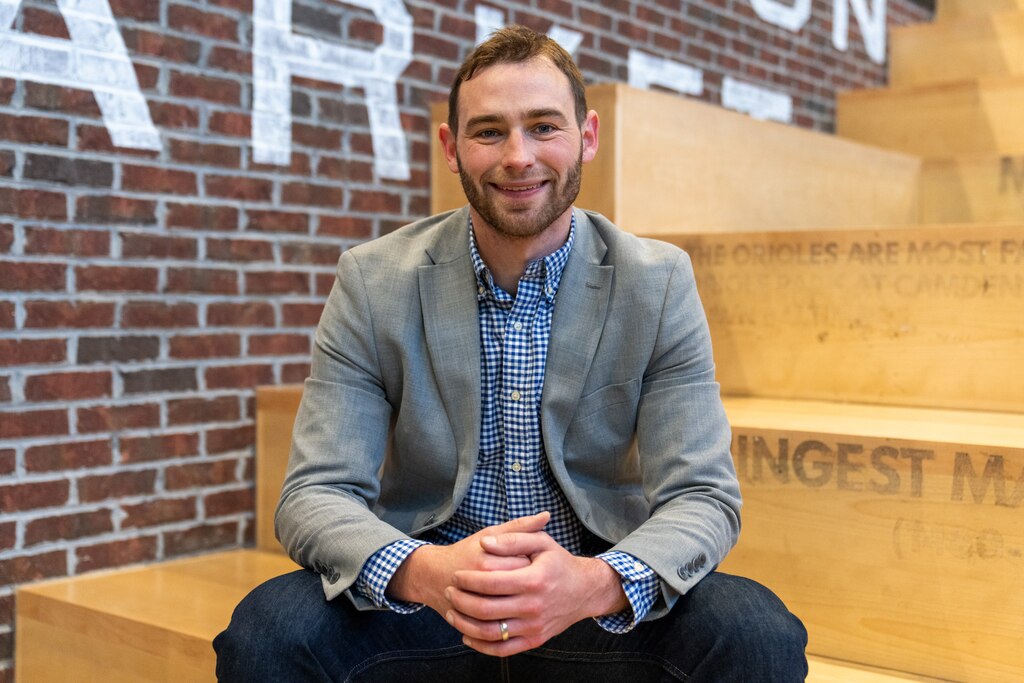
Name: Zac Blanchard
Age: 31
Personal: Lives in Federal Hill with his wife, Alexa, and a 15-month-old son
Education: Blanchard holds a bachelor’s degree in astrospace engineering from the U.S. Naval Academy and a master’s degree in African studies from the University of Cambridge.
Experience: President of the Federal Hill Neighborhood Association, vice president of economic development for the Midtown Benefits District, U.S. Marine Corps veteran
Endorsements: Sierra Club Maryland Chapter, Maryland Child Alliance, VoteVets, New Politics, Bikemore, Baltimore school board Commissioner Ashley Esposito
Notable donors: Blanchard is fundraising through Baltimore’s new public financing fund, which caps donations at $150 per donor and provides candidates with matching funds.
Questionnaire
A: No. First, I don’t think a Baltimore County billionaire should be able to buy charter amendments in Baltimore City because he’s “curious” (his words). That said, considering that the city’s population has shrunk by 60,000 people since the last time we shrank the council, I would be willing to discuss reducing the council accordingly. Additionally, we need to get rid of the elected city council president. Since our last 5 mayors were city council presidents before becoming mayor, there’s a conflict-of-interest issue where the mayor and council president are always competing, and that makes it hard to get meaningful things accomplished in our city.
A: Well I would continue to enthusiastically support recent and current city council legislation like removing parking requirements for affordable housing units, and requiring that all developments receiving government support include a percentage of affordable housing units. Additionally, by ending our vacant housing crisis and removing some unnecessary zoning restrictions, we can increase the number of housing units in the city: more housing means more options, and the increase in supply will lower the cost of housing. Housing follows the law of supply and demand like everything else. Plus, I genuinely care about ending concentrated poverty in Baltimore. My opponent’s track record suggests he does not.
A: First and foremost, I will continue to support a vacancy tax, which has been my first-listed priority on my website. Almost half of the 14,000 abandoned properties in Baltimore pay less than $250 a year in property taxes. The tax rate should be increased to incentivize owners of abandoned properties to rehab and reoccupy the properties, or sell them to someone who can. Of note, the 11th District has 500-plus abandoned properties - this is a serious problem in our district, not just in “the rest of the city.” I also support the land bank legislation Councilwoman Ramos has fought for, and Mayor Scott’s TIFs-for-vacants strategy. Within the 11th, I will work diligently to support any developers who invest in improving our neighborhoods by solving the vacancy crisis.
A: Short answer: yes, but my support depends on the city not having to foot the $330 million that we are expecting the federal government to provide. Long answer: Personally, I work with public space projects in my day job; I am raising a family five blocks from the harbor; I will never accept more than $150 from anyone; and I have an obvious political incentive to attack the project. All that said, I support the plan. I think it will energize and activate the space much more effectively than anything I’ve seen in my 14 years of coming to the Inner Harbor. Also, by connecting the Inner Harbor to McKeldin Plaza, and transforming Pratt St, it will pull the harbor into Downtown, helping make Downtown more vibrant. Legislatively, I do not think the council should have passed the charter amendment until MCB could give the council a sense of where the $330 million in federal funding is coming from. I understand we are very early on in the project, but we have to avoid a situation where the city again turns to very creative financing on the waterfront, while allowing our neighborhoods to fail.
A: I hope that a vacancy tax bill is enacted before I take office, but if not, I will introduce that bill within my first month of office. As mentioned before, a vacancy tax will have a transformative impact in my district (which has over 500 abandoned properties, including over 300 in Upton alone) and for many neighborhoods across the city. Additionally, our City government loses $200 million a year due to the vacancy crisis, so Baltimore literally cannot afford this abandoned housing crisis. A vacancy tax would end the abandoned housing crisis quickly while making the City money.
A: We are highly taxed, but we are also super-broke. By reducing property taxes by ~40%, we create a roughly $400 million revenue gap in a city that already struggles to provide adequate services. So on its own, I do not support the effort. To cover the $400 million gap, we would need to greatly reduce our property tax credits, reduce zoning restrictions to facilitate more housing across the city, charge for trash collection (as most Maryland counties do), and introduce a vacancy tax. IF, and only if, we were willing and able to implement meaningful changes like these measures (or similar ones), then a property tax deduction would be worth serious consideration. A lower tax rate (coupled with stable revenue) would make it easier to build new housing, retain the Black working-class residents we’ve been hemorrhaging, and generally help stop our 7-decade-long population decline. But I don’t know how feasible such a revenue-raising strategy would be, and I am opposed to dramatically reducing services just to cut taxes.
A: No. Unlike my incumbent opponent, who is a part-time IT employee for University of Maryland, Baltimore, my city council salary will be my exclusive source of employment. I am currently a captain in the Marine Corps Reserves, but will leave the reserves before taking office. Several years ago, I formed an LLC, Good Neighborhood Properties, and worked with 17 neighbors and friends to purchase the parking lot across the street from our house. Through that process, we ended up purchasing another house on our block that we now rent out to my former nextdoor neighbors. So I am a proud part-owner of those two properties.
A: Vocational training, vocational training, vocational training. I want to be the council’s expert on apprenticeship programs and vocational training. I’ve said this to hundreds of people while door-knocking, and I’ve written this in several questionnaires. In-line with that, we should have a holistic approach to preparing young people for good-paying jobs. We need to strengthen Youthworks (which is already a great program), promote partnerships between unions and city schools, and ensure the School-Based Violence Intervention Plan gets implemented effectively and as soon as possible.
A: I’ve got a proven record of service to my country and to my city, I’ve got a clear vision for a better Baltimore and a clear strategy of how to get there, and I’ll never accept more than $150, so the 11th District’s residents can trust that I’m fighting for them, and not for moneyed interests. On the other hand, my opponent refuses to have a vision for the city and is running on a status quo, I-don’t-do-legislation platform, which is remarkable considering the scale of the city’s problems. My opponent’s connection to moneyed interests, including the $27,000 he received on August 11th, 2023 from the family of David Smith (owner of the Baltimore Sun and pro-Trump Sinclair Broadcast Group), and the conflict of interests between his donors and his constituents, are well-established.
